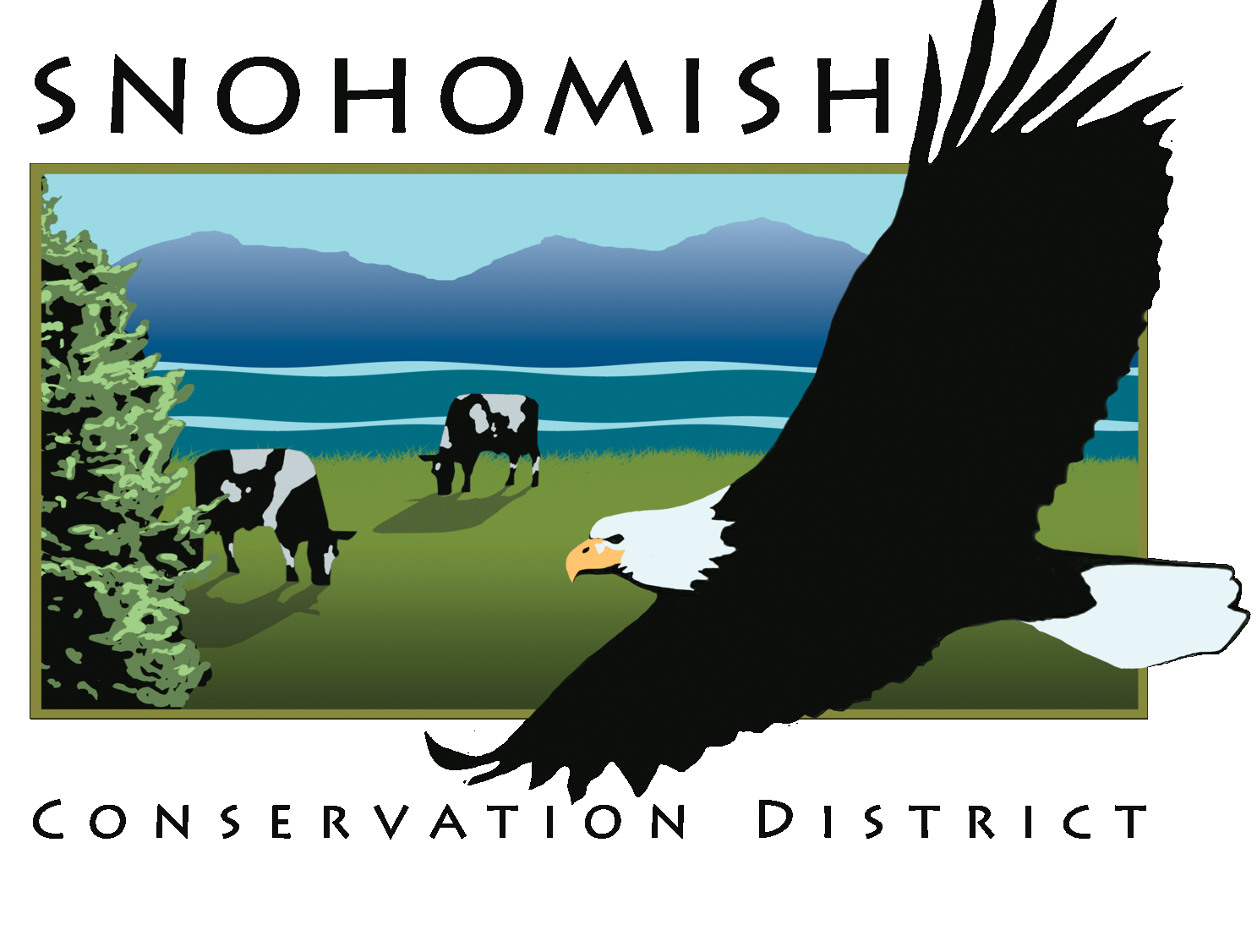Early Application cut-off date for EQIP statewide initiatives
/Some news from our partners at NRCS:
SPOKANE, Wash. (June 16, 2015) – USDA’s Natural Resources Conservation Service announced today the application deadline for the Environmental Quality Incentives Program in Washington State would come earlier than previous years to account for a stronger focus on conservation planning.
The Environmental Quality Incentives Program is a voluntary, technical and financial assistance program designed to help farmers improve irrigation efficiency; manage nutrient run-off and/or animal waste; improve the health of native plant communities; and reduce soil loss. In most instances, producers who participate in the program pay for roughly half of the costs of the conservation measures or practices.
Eligible producers and entities interested will have until July 17 to submit their applications for consideration in fiscal year 2016. Producers should also expect to work with NRCS to write a personalized conservation plan prior to funding obligation. Conservation plans are free to producers and identify potential natural resource problems, evaluate alternatives, and recommend solutions that could make use of the land more effective and sustainable.
EQIP funding options include: EQIP Local Working Group funding pool: Conservation funding is available for regional priority resource concerns identified by each regions local work groups. Local work groups are made up of one or more counties.
EQIP Organic Initiative: Conservation funding is available to organic producers and those transitioning to organic production in Washington. Through the EQIP Organic Initiative signup, farmers, ranchers and dairy operators may apply for financial and technical assistance to plan and install conservation measures such as buffer strips, conservation crop rotation, cover crops, field borders, mulching, nutrient management, pest management, residue management, and more.
EQIP High Tunnel Initiative: Through the EQIP Seasonal High Tunnel Initiative signup, agricultural producers may apply for financial and technical assistance to plan and install Seasonal High Tunnels to facilitate an extended growing season and improve soil health.
EQIP CAPS: A Conservation Activity Plan or CAP can be developed for producers to identify conservation practices needed to address a specific natural resource needs.
EQIP Energy Initiative: The EQIP Energy Initiative is intended to assist producers in conserving energy on their farms through an Agriculture Energy Management Plan (AgEMPs), also known as on-farm energy audits, and provide assistance to implement various recommended measures identified in the energy audit.
EQIP Sage Grouse Initiative: The Sage Grouse Initiative provides help to private landowners voluntarily protect sage-grouse populations and habitat on their working lands. Technical and financial assistance through EQIP is available for implementing the specific practices.
According to Assistant State Conservationist, Jeff Harlow, “while EQIP applications are accepted on a continuous sign up basis, if you are interested in applying for 2016 funding, you must submit your application at your local USDA-NRCS service center office before the July 17th deadline.”
While NRCS programs operate on a year-round signup basis, and producers can file applications at any time, periodic ranking deadlines are established so applications on file at that time can be evaluated for the next available funding allocation.
Applicants who apply as entities must provide a DUNS number, be registered in the System for Award Management (SAM), and maintain an active registration with current information prior to applying for funding and to remain eligible for payments under a funded contract. For more information regarding SAM and DUNS, or if interested in applying for EQIP funding, contact the local NRCS field office, located through the web site at: http://offices.sc.egov.usda.gov/locator/app?state=WA.
To learn about technical and financial assistance available through conservation programs, visitwww.nrcs.usda.gov/GetStarted or local USDA service center.

